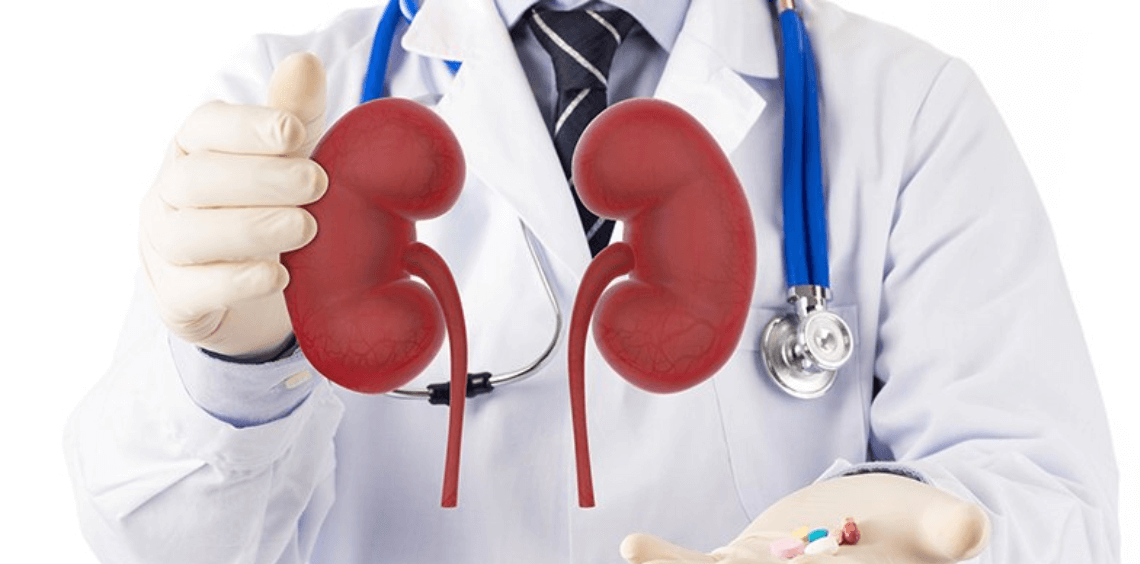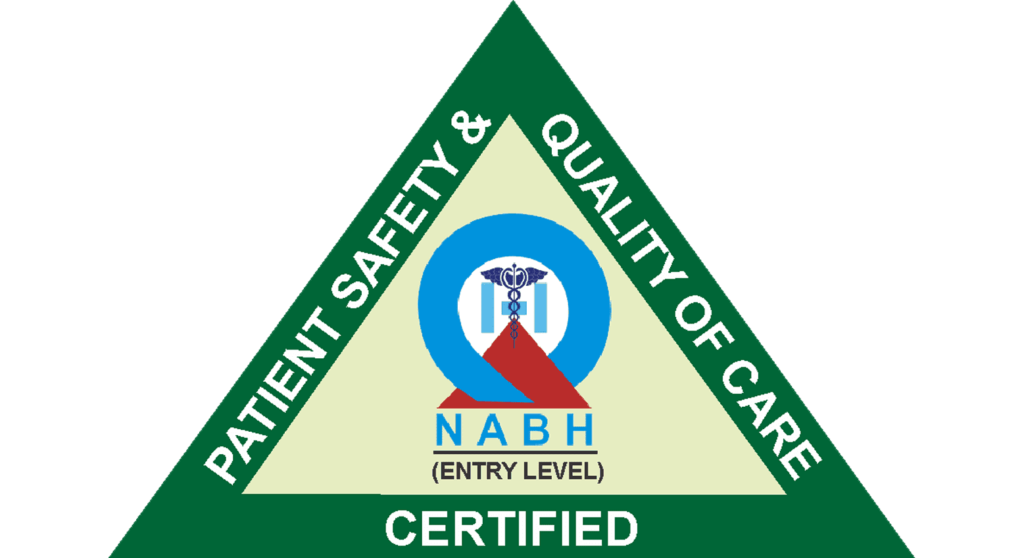
NEPHROLOGY
Nephrology is the medical specialty that focuses on the study and treatment of conditions related to the kidneys. The kidneys play a crucial role in filtering waste products and excess fluids from the blood, maintaining a balance of electrolytes, and regulating blood pressure. Nephrologists are doctors who specialize in diagnosing and treating kidney-related issues.
Common symptoms that may indicate kidney problems and prompt a visit to a nephrologist include:
Changes in Urination: Noticeable changes in the frequency, color, or amount of urine can be indicative of kidney issues. This may include increased or decreased urine output, blood in the urine, or foamy urine.
Swelling: Kidney problems can lead to fluid retention, causing swelling in the hands, feet, ankles, or face.
Fatigue: Kidney dysfunction may result in anemia, leading to fatigue and weakness.
Persistent High Blood Pressure: Kidneys play a role in regulating blood pressure, and chronic high blood pressure can contribute to kidney damage.
Pain or Discomfort: Pain in the kidney area (lower back on either side) or during urination may be a sign of kidney issues.
Difficulty Concentrating: Impaired kidney function can lead to a buildup of toxins in the blood, affecting cognitive function and concentration.
Appetite Loss or Metallic Taste: Kidney problems may cause changes in taste, leading to a metallic taste in the mouth, and can result in a decreased appetite.
Shortness of Breath: Excess fluid in the body due to kidney dysfunction can lead to difficulty breathing.
Treatments Offered
-
Acute Kidney Injury (AKI)

-
Chronic Kidney diseases (CKD)

-
Glomerular diseases including glomerulonephritis and nephrotic syndrome

-
Hemodialysis

-
Kidney Function Test (KFT)

-
Hypertension in kidney disease

-
Diabetes in kidney diseases

-
Anaemia in kidney diseases



